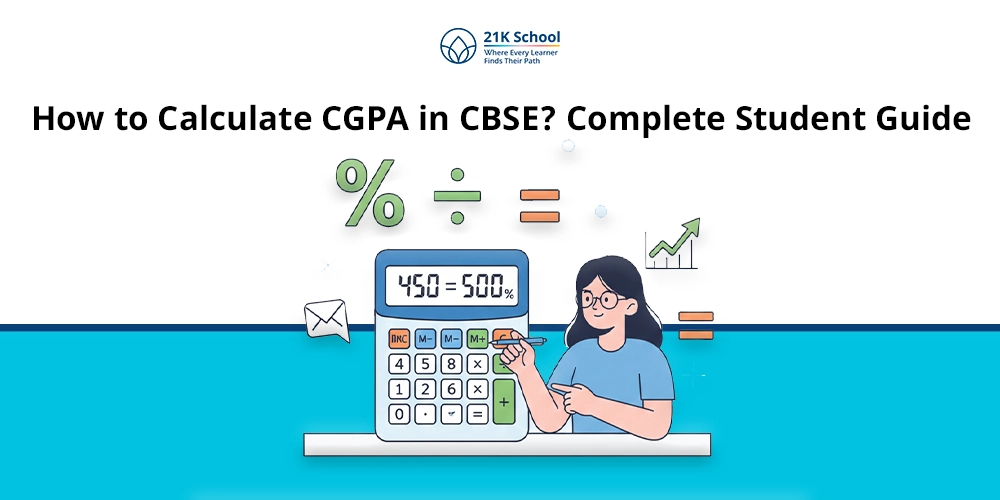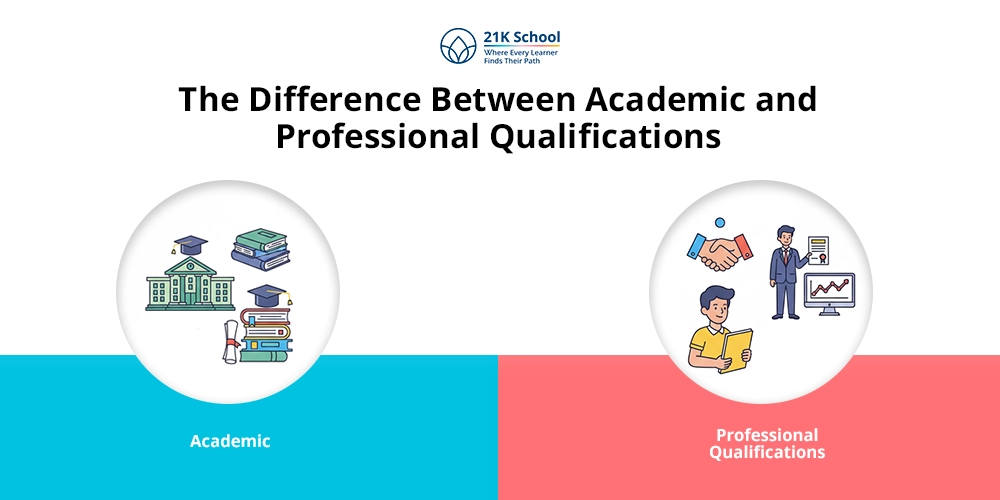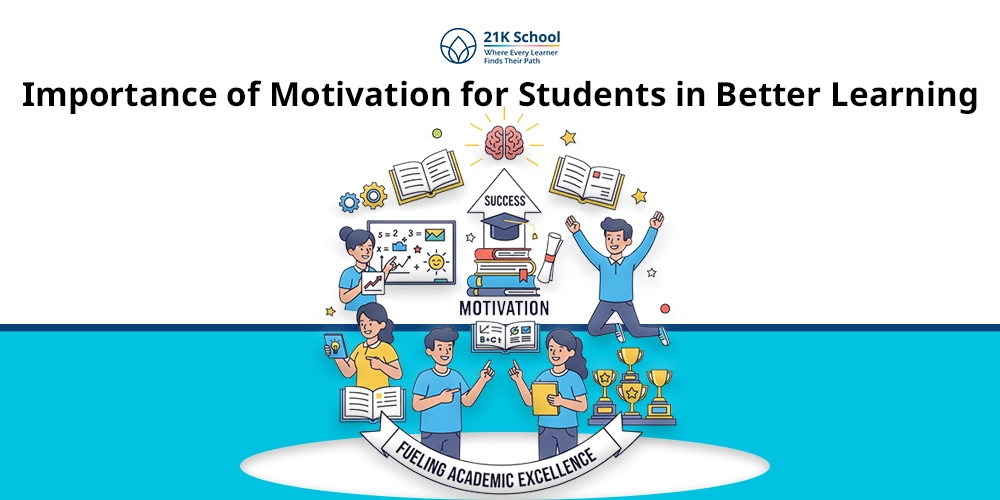
Each and every student desires to excel in academics but studying well goes beyond time-management skills. This entails technique, discipline, and attitude.
It doesn’t matter whether you are a high school student who wants to pass some finals or a college student swamped with a hectic schedule, well-developed study habits can do wonders.
Here in this guide, we will identify 12 tips to study effectively as a student, as well as answer some questions that have been repeatedly posed for working hard.
Table of Contents
- What Are Study Tips for Students?
- 12 Study Tips for Students
- 1. Create a Study Schedule
- 2. Establishing a Study Zone
- 3. Use Active Learning Techniques
- 4. Set Realistic Goals
- 5. Practice with Past Papers
- 6. Follow the 80/20 Rule
- 7. Stay Organized
- 8. Take Care of Your Health
- 9. Minimize Distractions
- 10. Revise Regularly
- 11. Stay Positive and Motivated
- 12. Taking Regular Breaks
- Final Words
What Are Study Tips for Students?
Study tips refers to handy measures that assist in enhancing the ability of students to receive, remember and use information.
They facilitate the simplified learning process through enhanced concentration, organization, memory, and motivation.
Adopting some best methods, like active recall, time management, and design of effective environments, students should be able to improve their own performance and be less stressed.
Study tips can be used equally for everyone.
The ones that work best are the ones you customize to your academic objectives and learning style.
12 Study Tips for Students
Get the best study tips like creating your own study space and schedule by setting achievable goals that motivate you to reach others.
1. Create a Study Schedule
A structured study routine will assist you to manage your time better, and be on track with your academic schedule.
You want to begin by determining what you need to get done, what to talk about, and what you have to do in the near future.
Assign particular time intervals to each task, be practical about what you will be able to process during a sitting.
An effective study timetable also contributes towards avoiding burnout and last minute cramming which are rather the consequences of bad planning.
2. Establishing a Study Zone
Environment or physical surroundings can play an important part in the focus capacity of yours.
Having a designated focus or study-time is also beneficial to train your brain to link that discipline with study and work performance.
So select a nice cozy area with good lighting and as few distractions as possible and have all your requirements, text books, notes, stationery on hand.
3. Use Active Learning Techniques
Passively reading textbooks or highlight notes are retrograde study methods, but actively engaging with the contents using the techniques of active learning is used.
These involve summarizing information, teaching somebody else, mind mapping or practice problem solving.
Active learning enhances memory retention as it stimulates your brain to do more in remembering and processing the information.
4. Set Realistic Goals
Studies without goals can be very overwhelming, therefore you should know how to improve your study habits.
It offers goals and inspiration by developing clear and realistic goals.
You can divide big tasks into small accomplishments, and then tick them on the way to achieve momentum.
Tiny milestones will make you feel like you are making headway and you will remain involved in your study process.
5. Practice with Past Papers
Using past exams is considered to be one of the best methods of preparing actual tests.
It can assist you in becoming better acquainted with the question formats, recognize common subjects and time management.
Exam stress can also be diminished through aiding mock tests that are done under timed conditions.
Just to simulate a real life pressure, once you write the paper, go through, and learn about errors you made and emphasize major ideas.
6. Follow the 80/20 Rule
Pareto Principle, commonly known as the 80/20 is a rule that asserts that 20 percent of your efforts create 80 percent of your output.
This can be applied to studying to ensure that you spend more time on the areas or aspects of the subject that are of utmost importance.
Read previous exams or syllabus so that we can know which of the areas are weighted or tested most.
By doing this, you are primarily studying effectively and making the most of your time.
7. Stay Organized
Being well organized is certain to make learning to study without study stress.
Your notes, assignments and online files should be classified and stored on the basis of subject and topic.
The more organized your materials, the less time you end up wasting in search and more time in learning.
8. Take Care of Your Health
Your healthy brain performs optimally when your body is healthy to keep your mind clear and attentive, get into bed, eat and exercise.
Teenagers aged 13-18 need 8-10 hours of sleep per night. In addition to it, you must maintain a healthy balance in meals, which makes your body and brain work, and incorporate some sort of body motion per day, such as a walk or a stretch.
Here are the varied importance of physical education in schools.
Underestimating the effectiveness of breaks, social life, and break time would be a disaster, so maintain a psychological health as to perform well at schools/colleges.
9. Minimize Distractions
Diverting things may be your phone ringing, or your social apps, or simply the noise in the background, which may prove difficult to concentrate.
For your ease, delay or swipe off notifications, and put your phone on airplane mode, which block-out distracting websites.
The less distracted you become the more centered the focus will be.
10. Revise Regularly
Revision tips should be an aspect of your study process to engage in a spaced repetition method of reviewing information. In overall time lapse in separate sessions can be used to enhance long-term memory.
Applications like Anki and Quizlets are brilliant to adopt the practice of spaced repetition to various subjects.
Learn about some more apps to keep track of your study progress.
Summaries, flashcards and self-quizzing can be utilised effectively when lessons are repeated in several days or weeks.
11. Stay Positive and Motivated
Motivation may also go in cycles particularly when the study period is long.
In order to keep track of time, remember why this studying is important to you. Either it would be the future jobs in the 21st century, something that you want to achieve in your life or a scholarship.
Smile when you talk and compliment yourself once you are done, or do it together with friends and motivate each other.
12. Taking Regular Breaks
Your brain is to be rested and renewed otherwise consecutive studying may cause exhaustion in students’ mental health and also deteriorate your results.
Apply the strategies such as Pomodoro Method 25 minutes of deep concentration after which there is a five-minute idleness.
There will be another longer 15-30 minute break after the fourth cycle, where you can move around, stretch, hydrate or just relax.
Final Words
We know that as students it’s hard to decide their priorities, which requires the need of knowing what needs to be done when.
Study routine can easily assist your child or student with something they would always need in future.
So read the tips above and decide which one of them still needs a welcome in their schedule and learn how to study for exams effectively.



